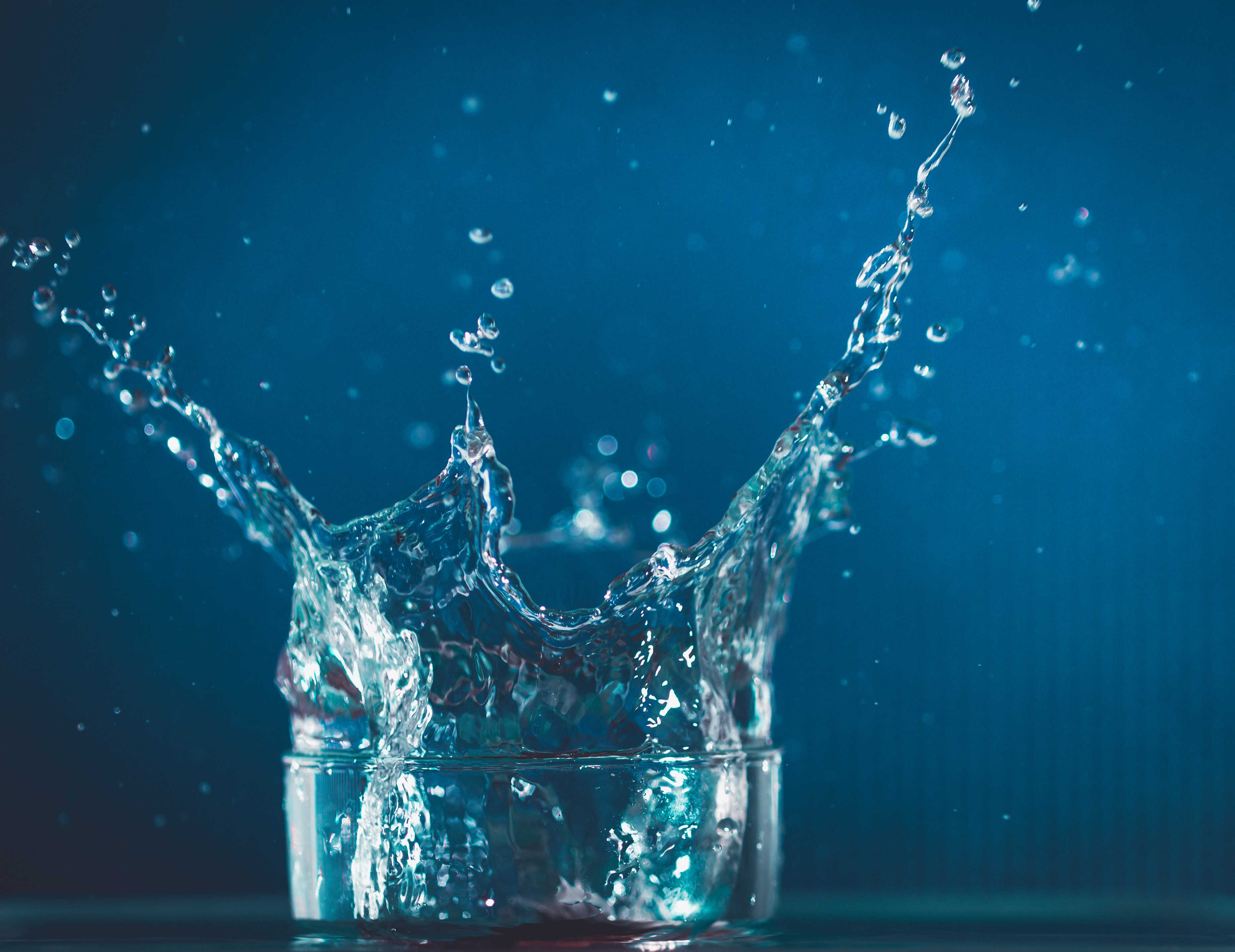Drink right
Catherine Malíková
We have all heard at least once that to solve all our problems we should simply drink more water. But how true is that?
Our bodies are composed of between 55 to 60% water. It is in all our organs, every cell and does everything it can to keep our body functioning properly. According to the European office, we should drink between 30 to 40 millilitres of water for every kilogram we weigh.
What if we do not drink enough?
Not drinking enough, even slightly, can lead to all kinds of health problems ranging from fatigue, lack of focus or even lifting our body temperature a little. With 5% dehydration you also face nausea, cramps, a tremor. With the body lacking around 10% of the water volume it needs, it can lead to hallucinations, disorientation or ultimately kidney failure.
Do not wait for thirst
Most people think of thirst as a signal to drink something. However, thirst is already a sign your body is lacking fluids. A lot of people tend to drink a lot in the afternoon and evening hours. Making it hard for their kidneys to do their job before they fall asleep. Drinking too much too fast doesn’t give our bodies enough time to process it, giving it too little makes it slow down.
The best thing to do is just keep drinking continuously throughout the day. Do not wait for thirst.
Is mineral water good for you?
Whenever we sweat, along with water we also lose minerals. Mineral waters with a ratio of up to 1000 milligrams of minerals per litter are an amazing addition to our everyday drinking regime. Over the summer, with intense physical activity or even with slight nausea highly mineralized water (1500-5000 mg/l) is also a good idea.
Mineral water is a lot more natural than tap water. It usually has a very similar composition to how it was underground. So, the one thing we need to keep an eye out for is the amount of nitrogen in it. It should never be over 100 mg/l. However, their quality and safety are a lot more strictly monitored. Therefore, there is no need to worry.


